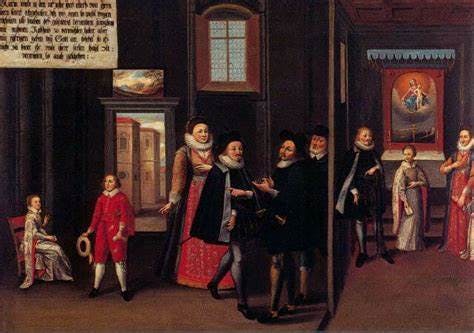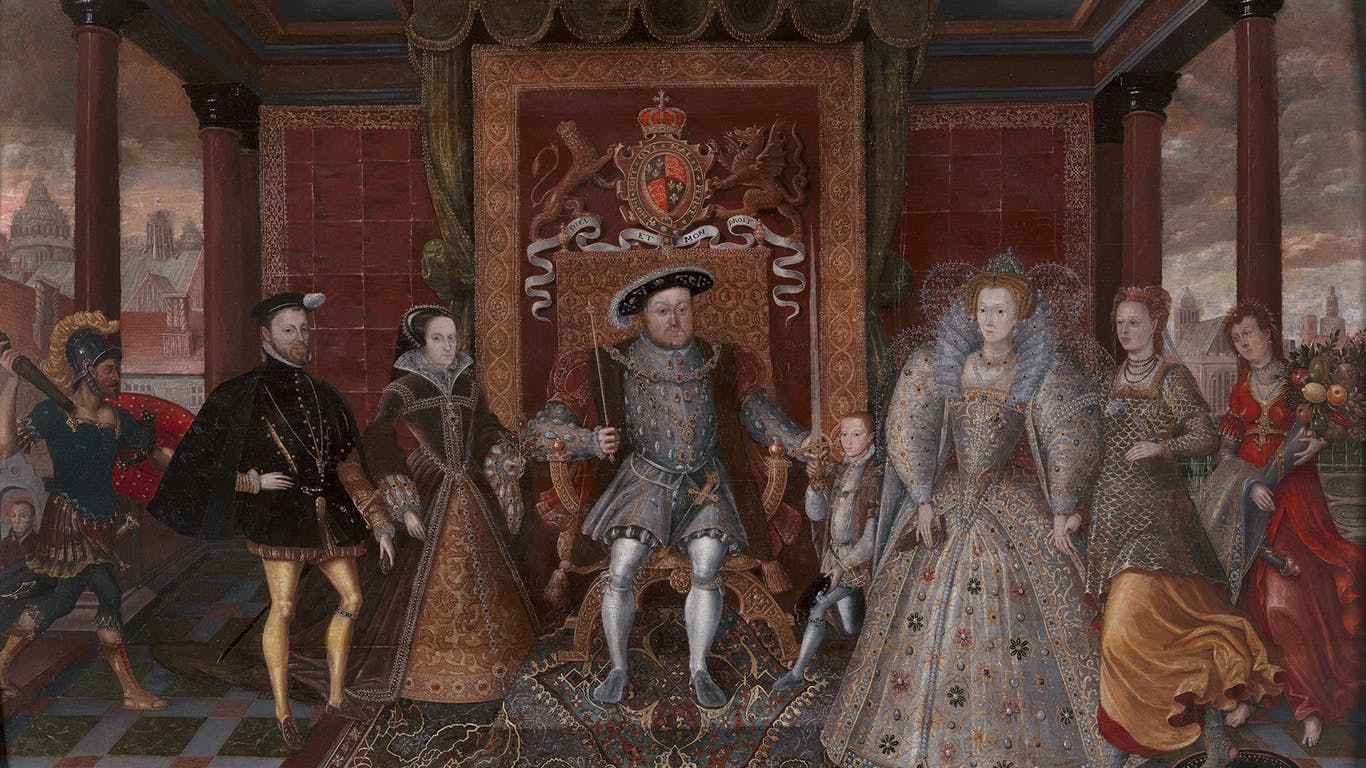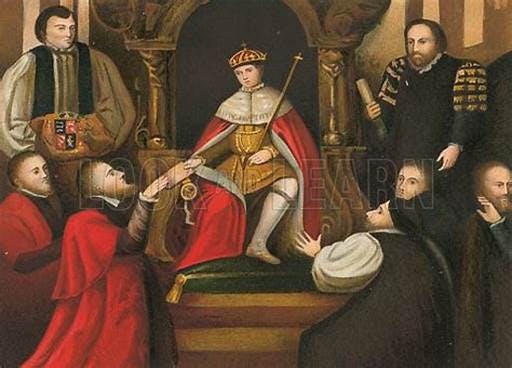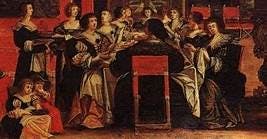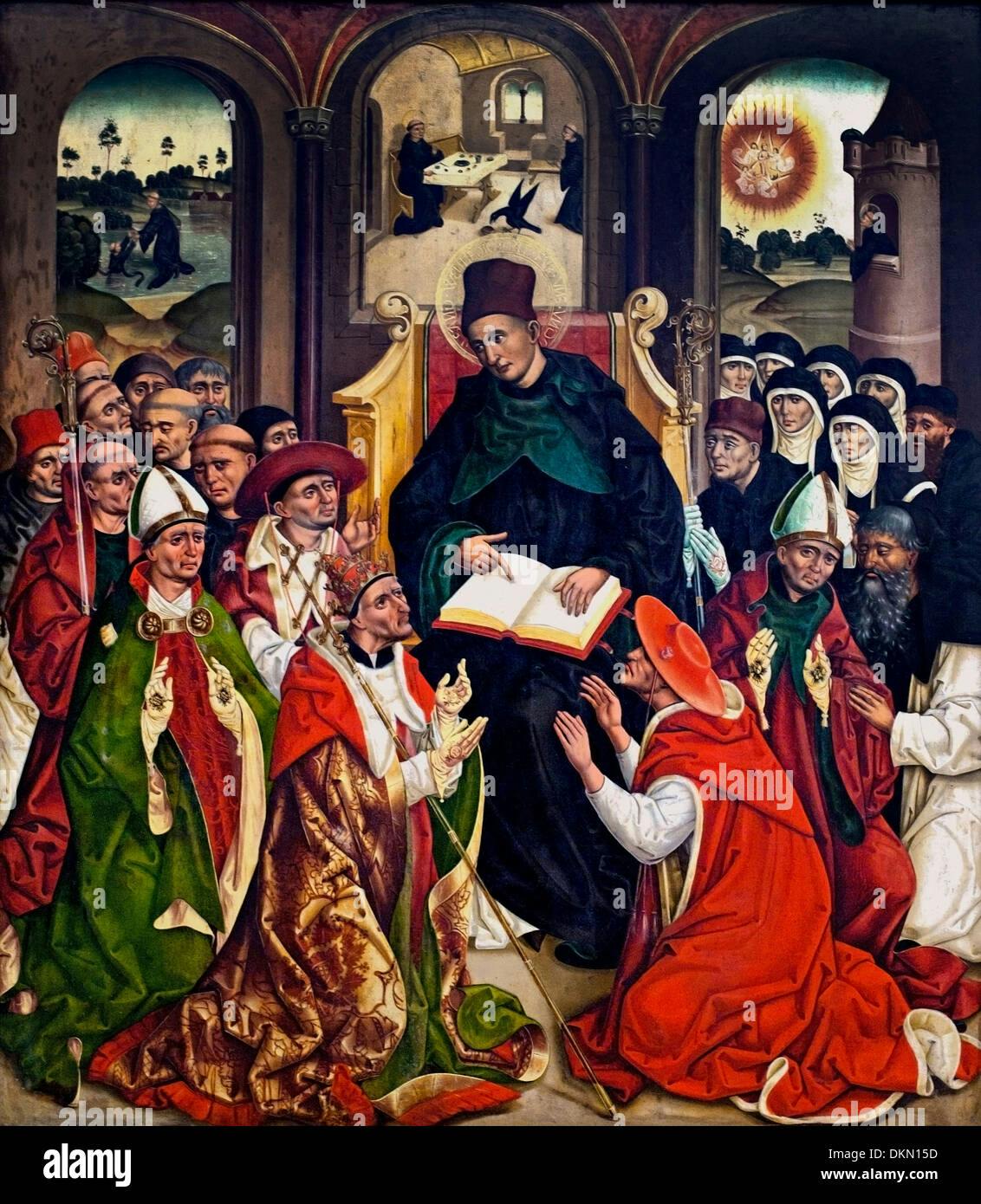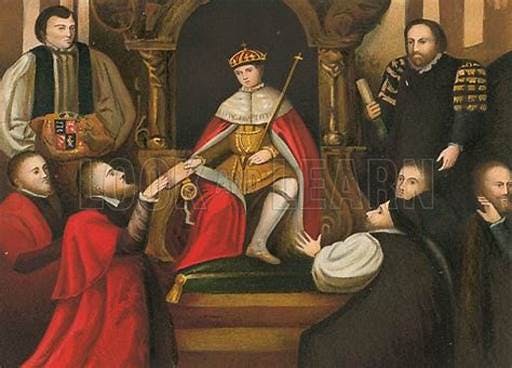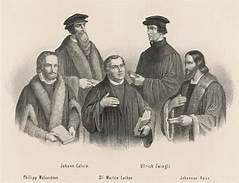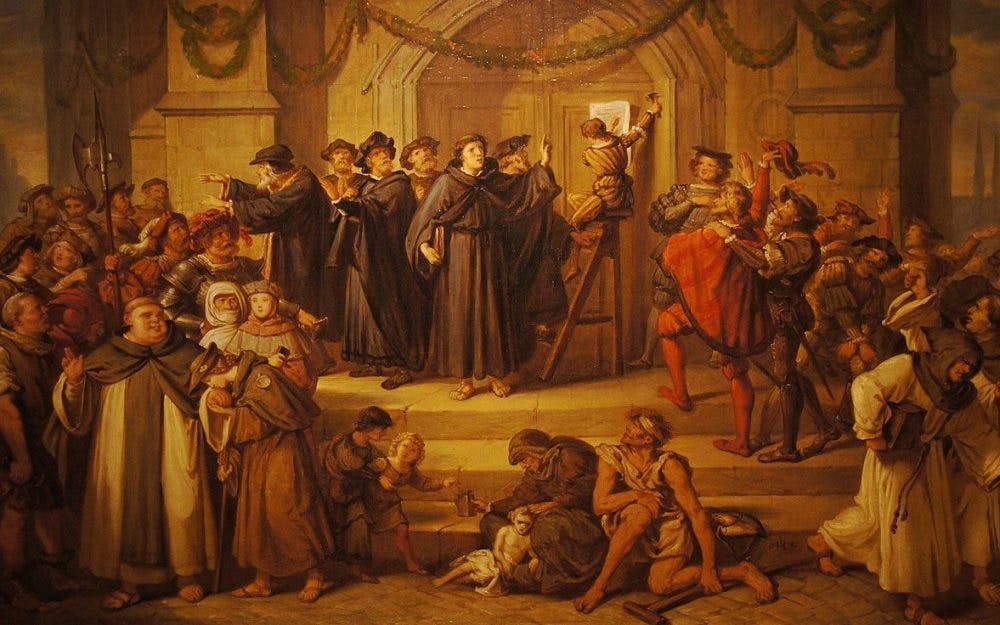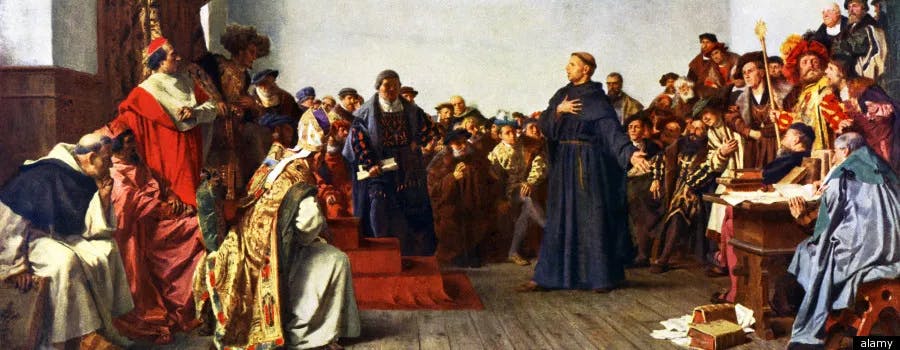
John Wycliffe
1330 AD–1384 AD
John Wycliffe was born around 1330 in Yorkshire, England, though the exact location of his birth remains uncertain. He grew up during a time of great political and religious turmoil in England. The country was engaged in the Hundred Years' War with France, and the Black Death had recently devastated the population, leading to widespread economic and social instability.
Despite these challenges, Wycliffe pursued an education at the University of Oxford, which was one of the leading centers of learning in Europe at the time. He studied philosophy, theology, and canon law, eventually earning his doctorate in theology. As a scholar, Wycliffe was deeply influenced by the works of Augustine and other early church fathers, but he also developed his own ideas about religious reform. He became a respected lecturer at Oxford, where he gained a reputation for his intellect and sharp criticism of church practices.
During Wycliffe’s lifetime, the Roman Catholic Church wielded enormous power, not just in religious matters but also in politics and economics. The church owned vast amounts of land and accumulated great wealth, while ordinary people struggled with poverty. Wycliffe became increasingly critical of the corruption and greed he saw among the clergy, especially the higher-ranking officials who lived in luxury while demanding money from common people through taxes and indulgences.
One of Wycliffe’s most controversial beliefs was that the true authority in Christianity came not from the pope or the church but from the Bible itself. He argued that the scriptures were the ultimate guide for Christian life and should be accessible to all believers. This idea directly challenged the authority of the pope and the Catholic hierarchy, who claimed to have the power to interpret the Bible for the people.
Another key doctrine that Wycliffe opposed was transubstantiation, the belief that the bread and wine used in the Eucharist literally become the body and blood of Christ. He rejected this idea, arguing that the Eucharist should be understood in a more symbolic way. This put him in direct conflict with church leaders, who saw his teachings as heretical.
One of Wycliffe’s most enduring contributions to Christianity was his work in translating the Bible into English. At the time, the Bible was only available in Latin, which meant that ordinary people could not read or understand it unless a priest interpreted it for them. Wycliffe believed that every Christian should have the ability to read the Bible in their own language and develop a personal relationship with God.
To achieve this goal, Wycliffe and his followers began translating the scriptures from Latin into Middle English. This translation, known as the Wycliffe Bible, was completed in the late 14th century and became widely distributed, despite opposition from the church. His translation was hand-copied and spread throughout England by his followers, known as the Lollards. These traveling preachers continued to promote his ideas, emphasizing the importance of scripture and criticizing the corruption of the church.
Wycliffe’s ideas were met with strong opposition from church authorities. In 1377, Pope Gregory XI issued several papal bulls condemning his teachings and calling for his arrest. However, Wycliffe had the support of some powerful figures in England, which protected him from severe punishment. He continued to write and preach against church corruption until his death in 1384.
After his death, Wycliffe’s teachings continued to spread, and his follower’s faced persecution from the church. In 1415, the Council of Constance declared Wycliffe a heretic, and in 1428, his remains were exhumed and burned as a posthumous punishment. However, his influence could not be erased. His ideas helped inspire later reformers like Jan Hus in Bohemia and, eventually, Martin Luther, who launched the Protestant Reformation in the 16th century.

